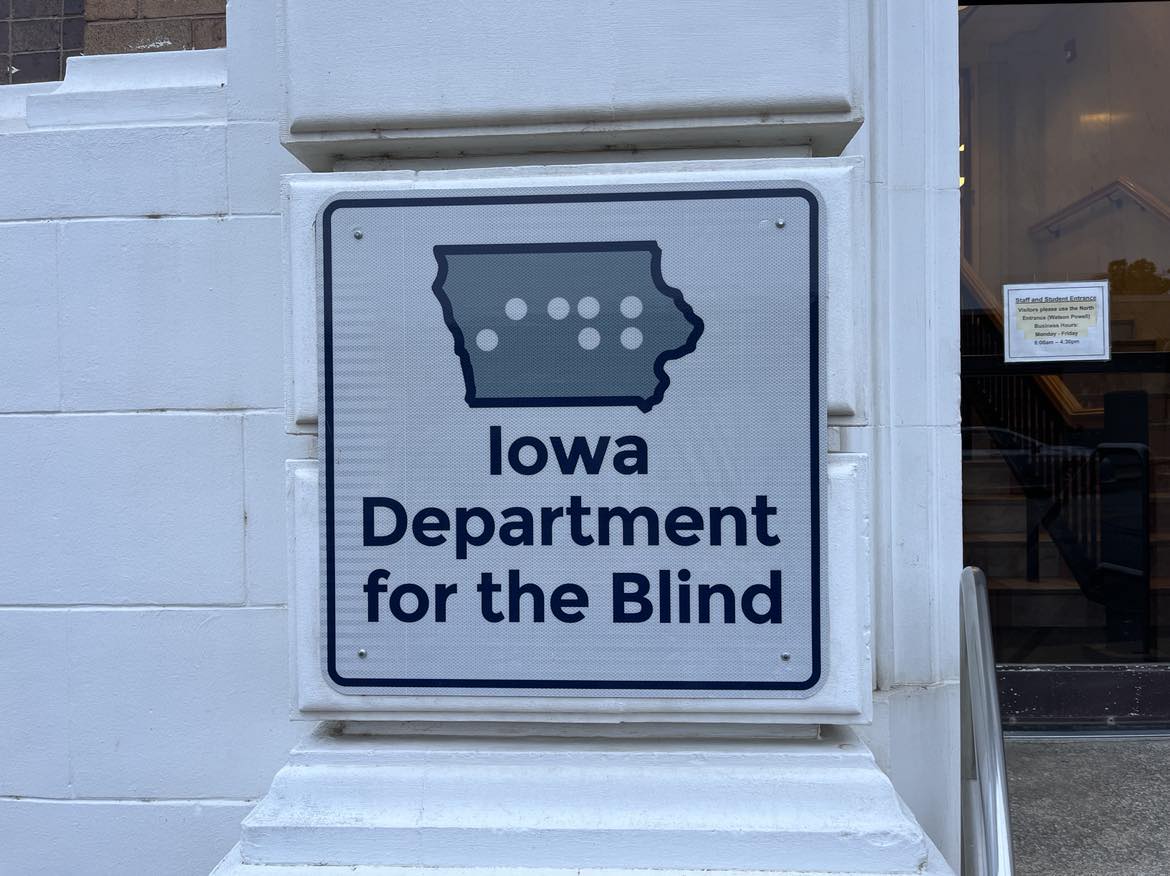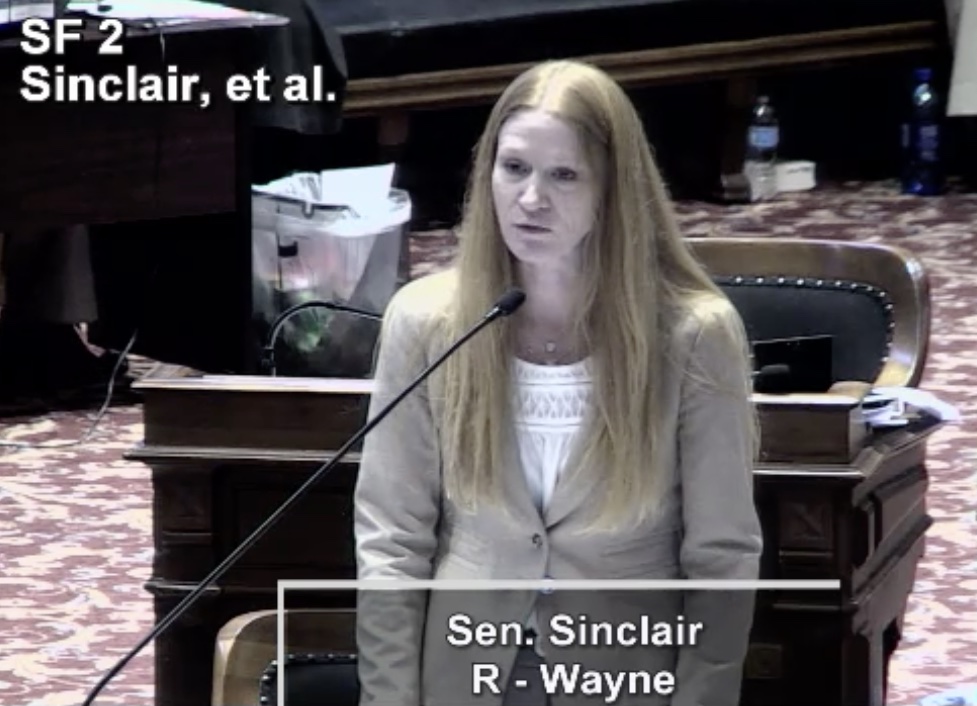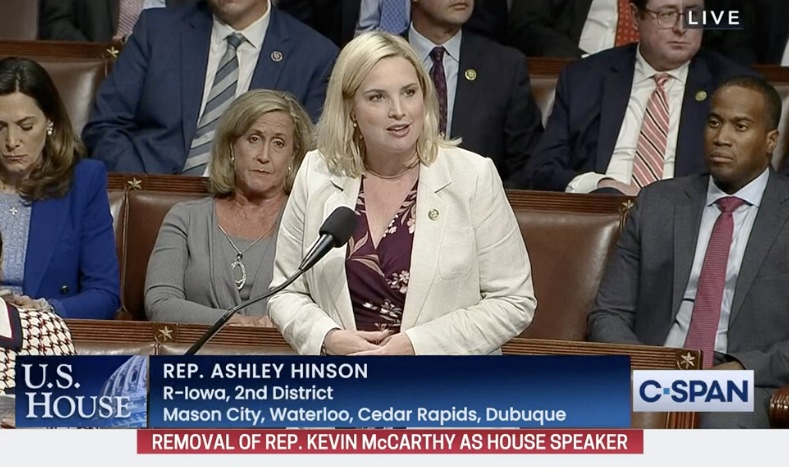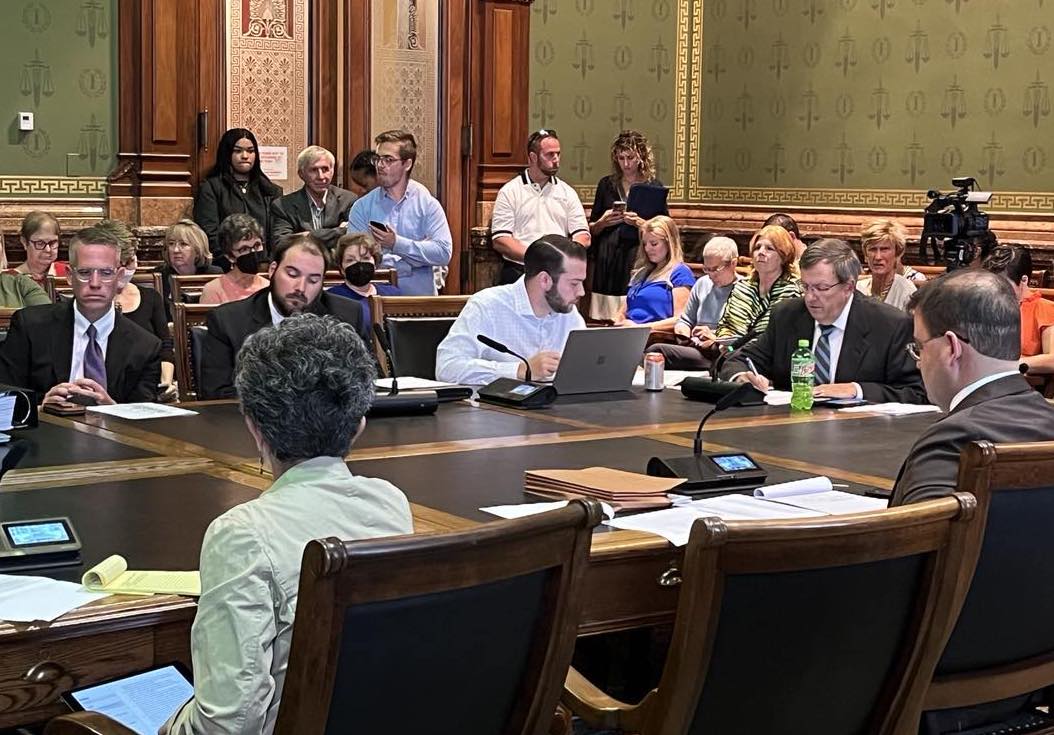Kurt Meyer writes a weekly column for the Nora Springs – Rockford Register and the Substack newsletter Showing Up, where this essay first appeared. He serves as chair of the executive committee (the equivalent of board chair) of Americans for Democratic Action, America’s most experienced liberal organization.
In the spring of 1972, Dad brought a college scholarship application home from work, funds made available through his Hormel union, then the “Amalgamated Meat Cutters & Butcher Workmen of North America,” now the less muscular sounding “United Food & Commercial Workers.” Applicants were required to take a proctored test about the history of the U.S. labor movement. Highest scores would be rewarded at several levels: $1,000 for first, maybe two at $500, probably several at $250.
Instructions included reading a particular book, something like “Mileposts in Labor History.” So, I’ll read the book, take the test, and win the money, ha. As I recall, I had a few days to make this happen, and eagerly swung by the high school library. Not surprisingly, the book was not part of the collection, nor was it in the town library. I did find several relevant volumes, however, one with more photos than narrative (Eugene V. Debs displaying anguish), a Samuel Gompers biography, and a history book with a Haymarket Square chapter.
Continue Reading...


































